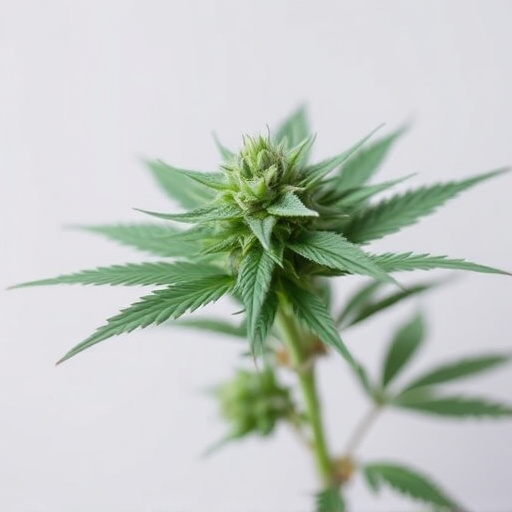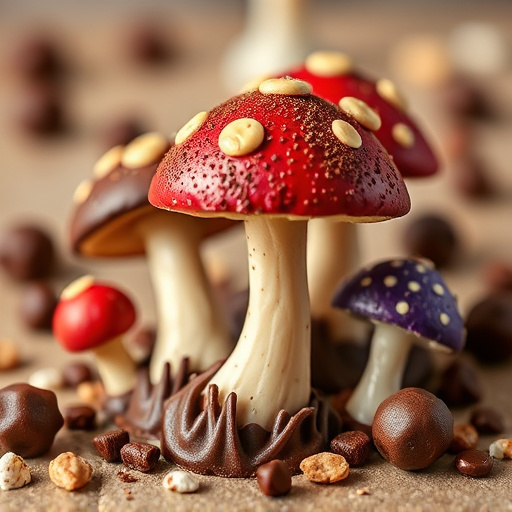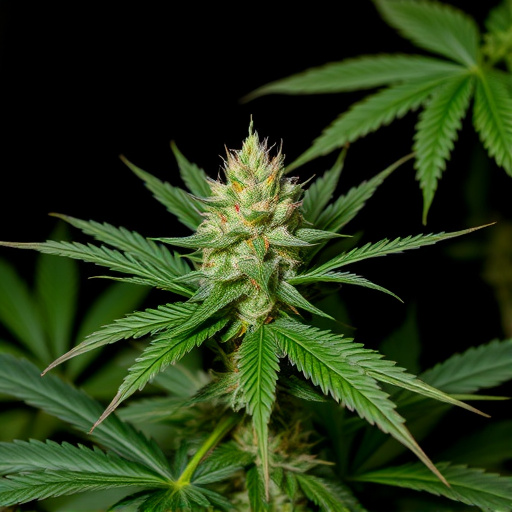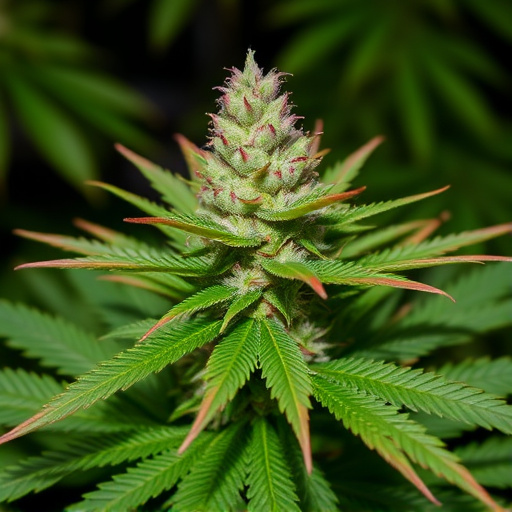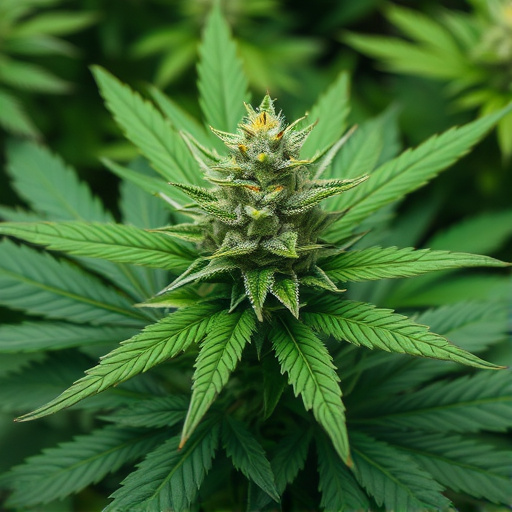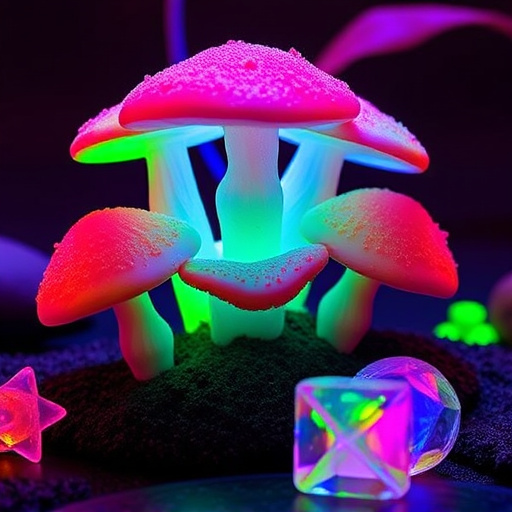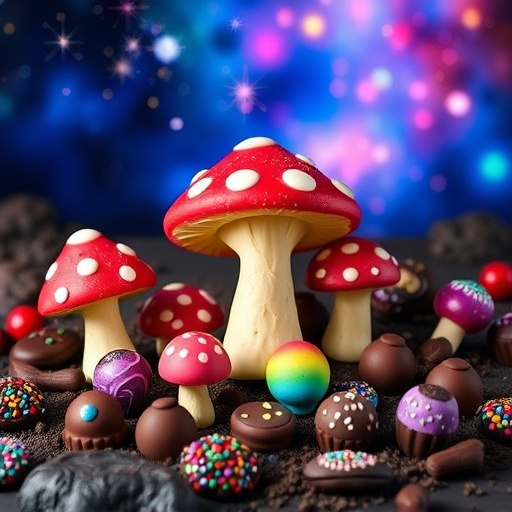The legal status of magic mushroom chocolates varies drastically globally, with many countries regulating or prohibiting their sale due to psychoactive properties. However, growing recognition of psilocybin's therapeutic potential has led to policy shifts in certain regions, notably the Netherlands and some U.S. states. Companies offering these products must carefully navigate stringent regulations related to labeling, packaging, and sales restrictions to ensure compliance and responsible offerings in this fragmented market.
“Unveiling the Potential: Exclusive Magic Mushroom Chocolate Promotions in a Changing Landscape
As the legal status of magic mushroom chocolates evolves globally, this niche market presents unique opportunities. Our article navigates the intricate ‘legal landscape’ of these exotic treats, exploring regional variations and their impact on promotions. We delve into creative strategies, from loyalty programs to influencer marketing, while emphasizing ethical consumption through responsible labeling and industry collaborations. Discover how businesses can thrive in this emerging space, ensuring a safe and informed experience for curious consumers.”
- Understanding the Legal Landscape of Magic Mushroom Chocolates
- – Overview of current legal status worldwide
- – Regional variations and restrictions
Understanding the Legal Landscape of Magic Mushroom Chocolates

The legal status of magic mushroom chocolates is a complex and evolving landscape, varying greatly by jurisdiction. In many countries, the sale and consumption of psilocybin-containing foods like chocolate are strictly regulated or outright prohibited due to their psychoactive properties. However, a growing movement advocating for the therapeutic potential of psilocybin has led to changing attitudes and policy shifts in some regions.
Several countries, notably the Netherlands and certain U.S. states, have legalized the possession and use of psilocybin under controlled conditions, often for medical or research purposes. This has paved the way for innovative products like magic mushroom chocolates to enter the market. Companies operating within this niche must navigate stringent regulations, ensuring compliance with local laws regarding labeling, packaging, and sales restrictions to offer their unique products safely and responsibly.
– Overview of current legal status worldwide

The legal status of magic mushroom chocolates varies greatly worldwide, reflecting a complex interplay between local laws and attitudes towards psilocybin-containing substances. In many countries, including several in Europe and South America, there is growing acceptance and even legalisation for medical or therapeutic use, with specific regulations around the production, distribution, and consumption of psilocybin chocolates. However, in other regions, such as North America and most parts of Asia, possession and use of magic mushrooms remain strictly illegal, with severe penalties attached.
This disparity has led to a fragmented market for magic mushroom chocolates, with some countries allowing limited sales through licensed pharmacies or research institutions, while others have no framework for addressing psilocybin-based products. As awareness and interest in psychedelic therapy continue to grow, so does the pressure on governments to reconsider their legal status of magic mushroom chocolates.
– Regional variations and restrictions

The legal status of magic mushroom chocolates varies significantly across regions, with some countries and states embracing their therapeutic potential while others maintain strict restrictions. In areas where psilocybin-containing products are legal, there’s often a surge in innovative brands offering chocolate treats infused with these mushrooms. These products cater to a growing interest in alternative wellness solutions, leveraging the natural compounds found in magic mushrooms for potential mental health benefits.
However, navigating regional variations and restrictions remains crucial for businesses entering this market. Some regions permit only certain forms of psilocybin use, while others have outright bans on both possession and distribution. As such, brands must stay updated with local laws to ensure compliance, ensuring that their promotions and sales strategies are within legal boundaries. This dynamic landscape presents a challenge but also an opportunity for businesses to contribute to the responsible and regulated exploration of magic mushroom-based wellness products.
The legal status of magic mushroom chocolates remains a complex and evolving landscape, with significant regional variations. As public perception shifts and scientific research progresses, many countries are reevaluating their stances on psilocybin-containing products. Understanding these legal nuances is crucial for businesses and consumers alike, as exclusive promotions and sales in this niche market could soon become more widespread. Keep informed about the legal status of magic mushroom chocolates to stay ahead of the curve in this emerging industry.

